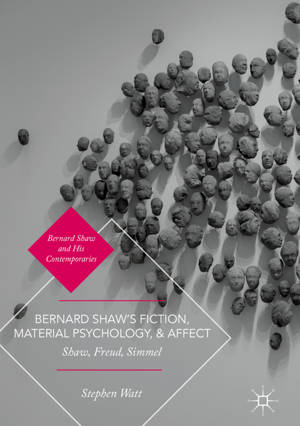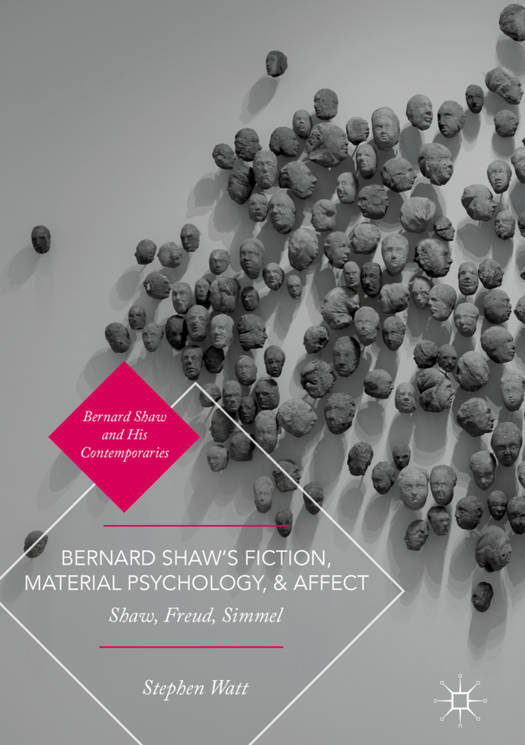
- Afhalen na 1 uur in een winkel met voorraad
- Gratis thuislevering in België vanaf € 30
- Ruim aanbod met 7 miljoen producten
- Afhalen na 1 uur in een winkel met voorraad
- Gratis thuislevering in België vanaf € 30
- Ruim aanbod met 7 miljoen producten
Omschrijving
This book traces the effects of materiality - including money and its opposite, poverty - on the psychical lives of George Bernard Shaw and his characters. While this study focuses on the protagonists of the five novels Shaw wrote in the late 1870s and early 1880s, it also explores how materialism, feeling, and emotion are linked throughout his entire canon. At the same time, it demonstrates how Shaw's conceptions of human subjectivity parallel those of two of his contemporaries, Sigmund Freud and Georg Simmel. In particular, this book explores how theories of so-called 'marginal economics' influence fin de siècle thought about human psychology and the sociology of the modern metropolis, particularly London.
Specificaties
Betrokkenen
- Auteur(s):
- Uitgeverij:
Inhoud
- Aantal bladzijden:
- 235
- Taal:
- Engels
- Reeks:
Eigenschappen
- Productcode (EAN):
- 9783319715124
- Verschijningsdatum:
- 15/03/2018
- Uitvoering:
- Hardcover
- Formaat:
- Genaaid
- Afmetingen:
- 148 mm x 210 mm
- Gewicht:
- 453 g

Alleen bij Standaard Boekhandel
Beoordelingen
We publiceren alleen reviews die voldoen aan de voorwaarden voor reviews. Bekijk onze voorwaarden voor reviews.









